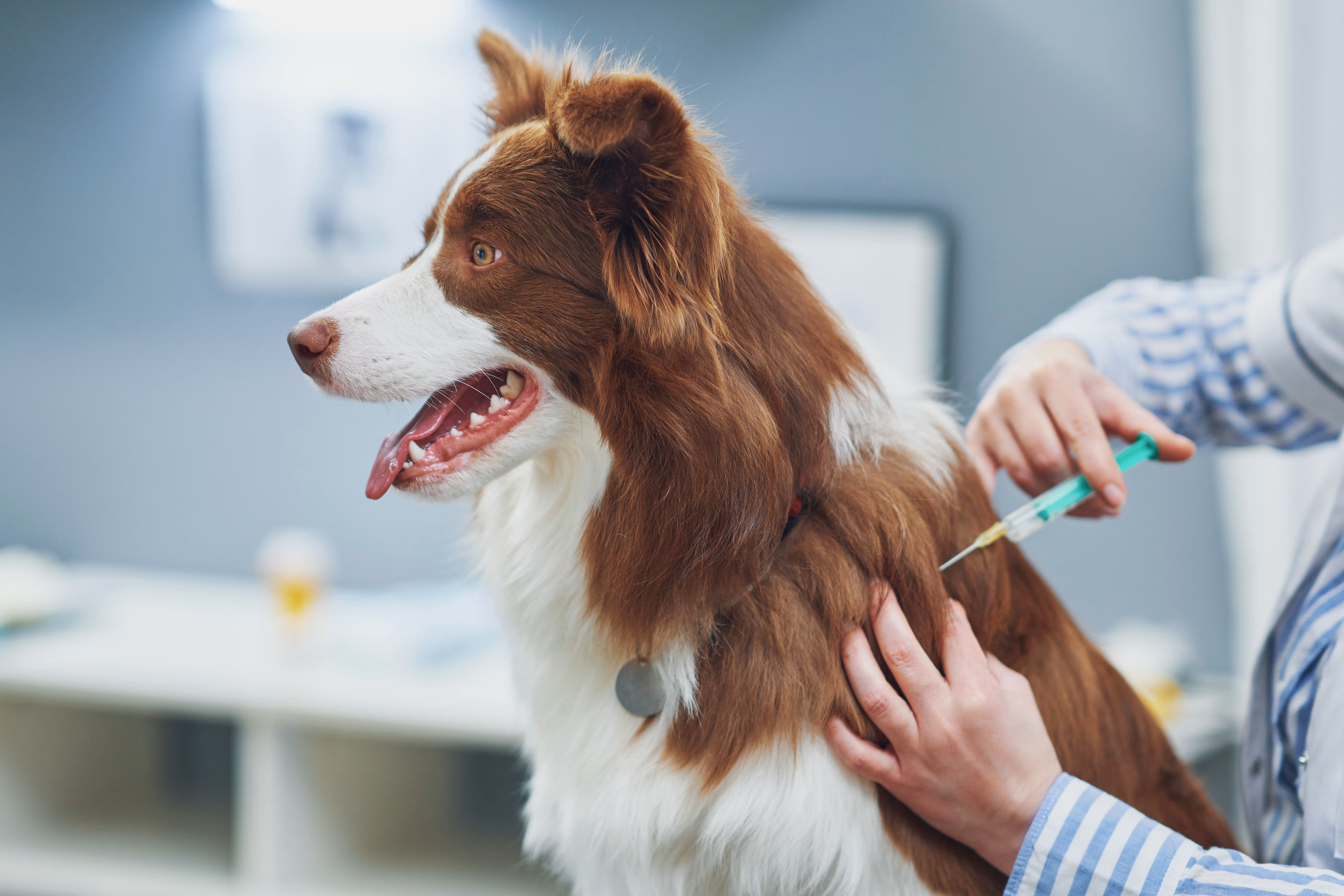Baytril
Related Searches
Frequently Asked Questions
Baytril is used to treat bacterial infections of the ear in dogs. Baytril Otic is a combination prescription medication effective against many types of bacterial and fungal (yeast) infections.
Baytril Otic is for dogs.
-
Steroid-free emulsion for the treatment of ear infections in dogs
-
Baytril Otic is effective against certain bacterial and fungal infections
-
Easy-to-use dropper bottle
Baytril Otic is a steroid-free emulsion used to treat ear infections in dogs. Baytril contains a combination enrofloxacin for susceptible bacterial infections and silver sulfadiazine, effective against certain types of yeast infections of the ear. Baytril Otic contains no corticosteroids. Water-based solution is easily dropped into ear to deliver medicine efficiently. Baytril is the first fluoroquinolone topical FDA-approved for treatment of ear infections. Enrofloxacin is a broad-spectrum antibiotic belonging to the quinolone/fluoroquinolone class of antibiotics.
Baytril Otic treats susceptible bacterial and yeast infections of the ear by means of its two active ingredients. Enrofloxacin and silver sulfadiazine are antimicrobials that inhibit DNA synthesis within the bacteria or yeast thus resulting in the organism's death.
Baytril Otic is a topical drop applied onto the skin or outer ear canal. After applying Baytril Otic, gently massage the ear to uniformly distribute the medication. Avoid contact with the eyes. Always follow the dosage instructions provided by your veterinarian. If you have difficulty giving the medication, contact your veterinarian. This medication should only be given to the pet for whom it was prescribed.
Baytril Otic will help to relieve the symptoms and kill the organisms causing infections. This medication is not labeled for use beyond 14 days. If symptoms persist after several days of treatment or the ear appears more red, contact your veterinarian.
Liquid emulsion.
Enrofloxacin with silver sulfadiazine
Talk to your veterinarian about what type of outcome is expected. Have your veterinarian explain the other treatment options that may be available to treat your pet's condition.
Tell your veterinarian if your pet could be pregnant or is used for breeding.
Notify your veterinarian of any other medications or supplements your pet is taking. Also if your pet has had any reactions to previous medications, especially antibiotics or sulfa drugs.
If you miss a dose, apply it as soon as you remember. If it is almost time for the next dose, skip the application you missed and go back to the regular schedule. Do not give two doses at once.
Baytril Otic should only be used after the ear has been examined by a veterinarian to assure the eardrum is not perforated. If symptoms persist after several days of treatment or the ear appears more red, contact your veterinarian.
Do not use in animals hypersensitive (allergic) to it or other quinolone antibiotics and/or sulfonamides. May cause problems in the development of bones/joints of young growing animals, including large breeds of dogs under 24 months. Only use in growing animals, if under the supervision of a veterinarian. Use with caution in animals with central nervous system (CNS) disorders, such as epilepsy, as it could possibly cause seizures. It should not be used in animals with a perforated eardrum. The safe use of Baytril Otic in pregnant, lactating (nursing mothers), or breeding animals has not been evaluated.
May see hearing loss, vestibular (balance) disorders, or increased redness of the ear. If so, discontinue use and contact your veterinarian.
Store upright, at a temperature between 40-77°F, protected from light. Keep out of reach of children and pets.
If you know or suspect your pet has had an overdose, contact your veterinarian immediately.
Consult your veterinarian before using enrofloxacin/silver sulfadiazine with any other medications.










